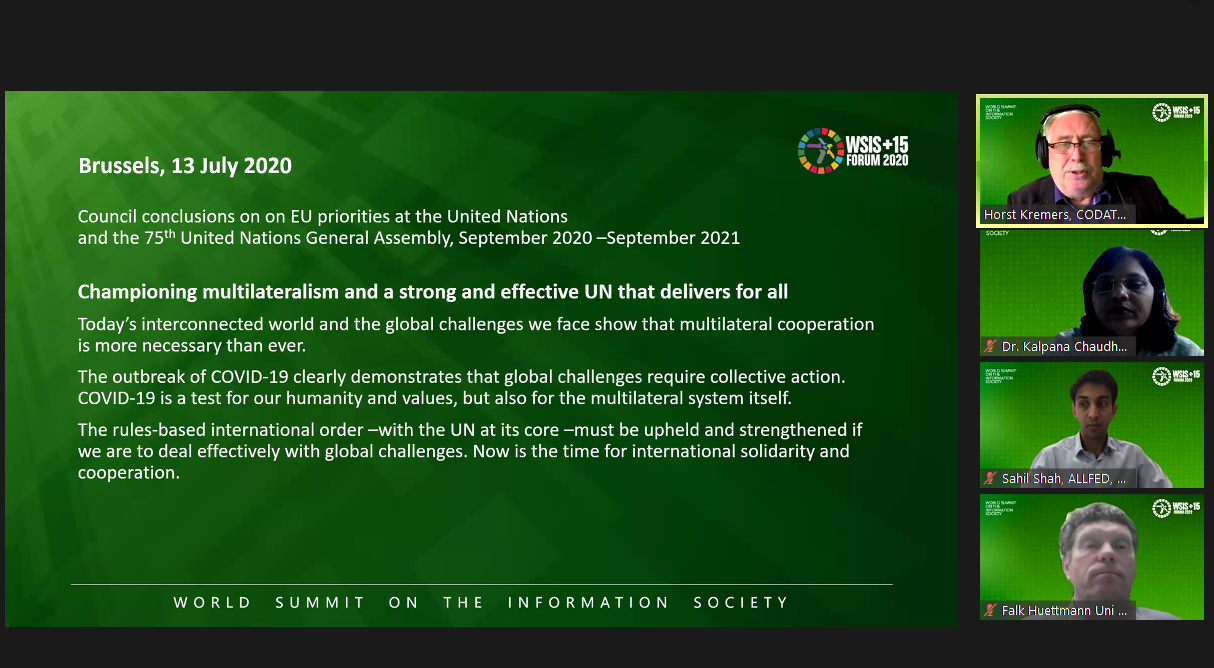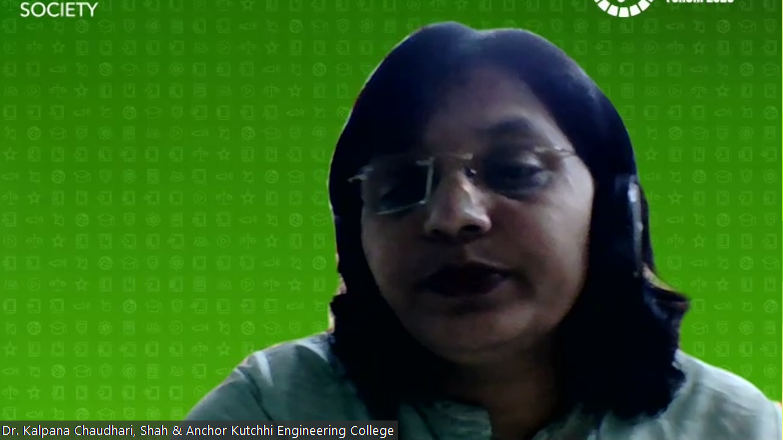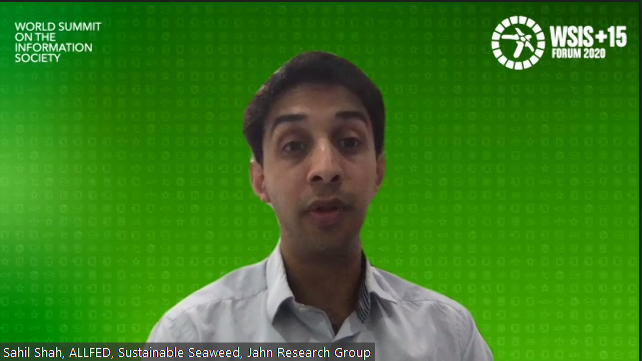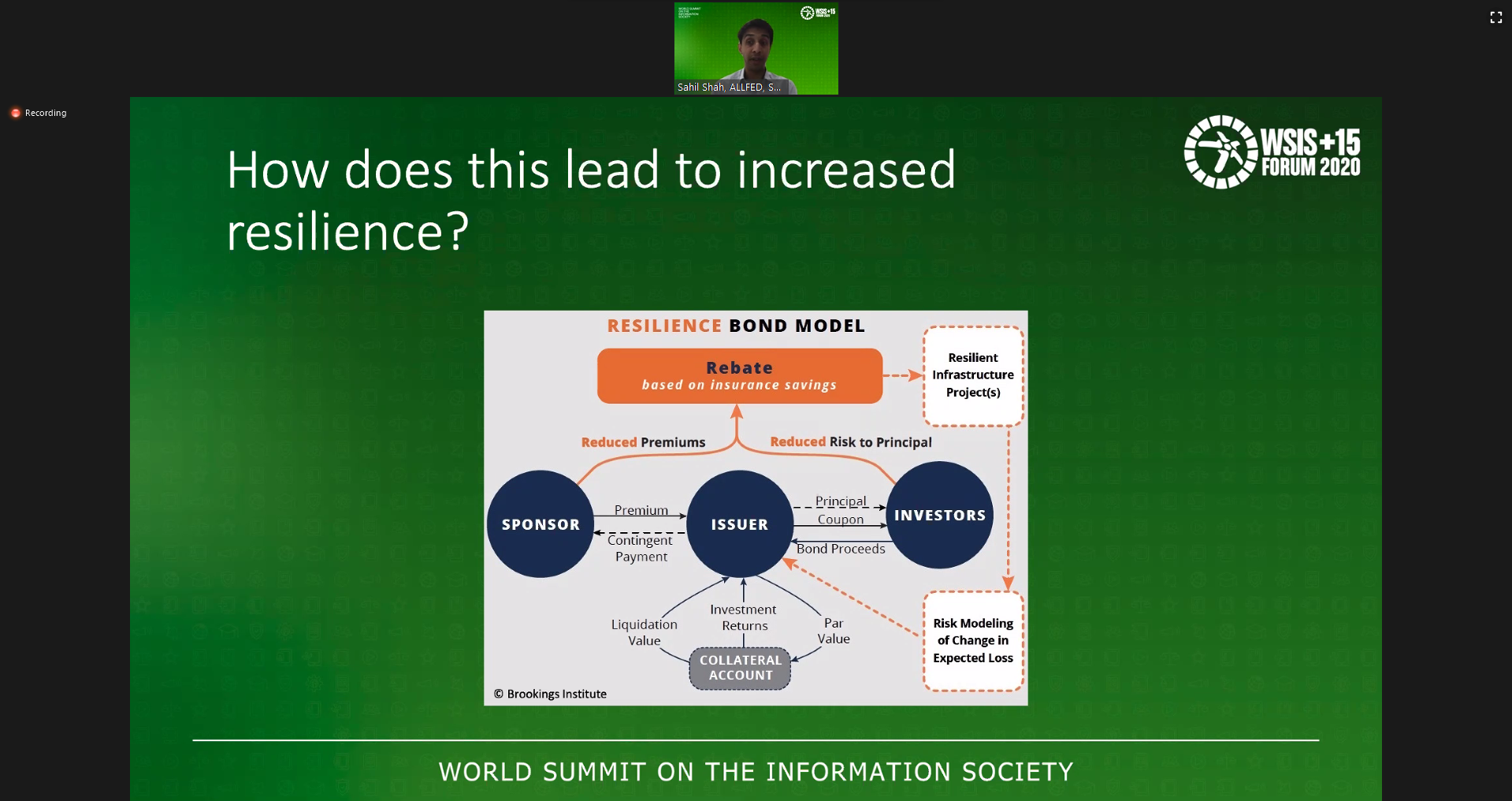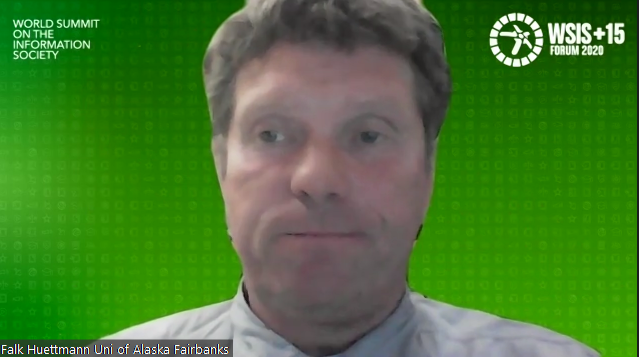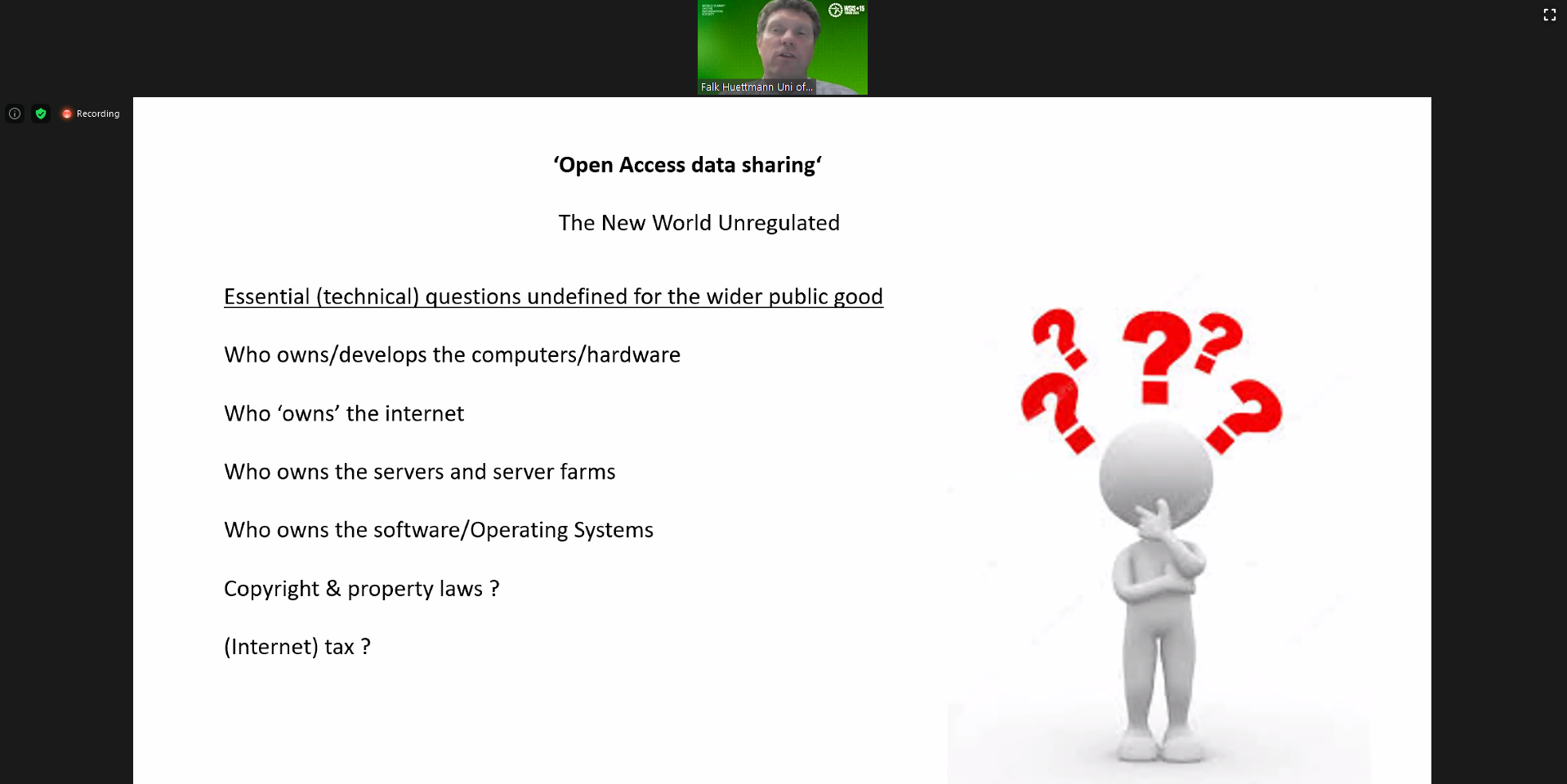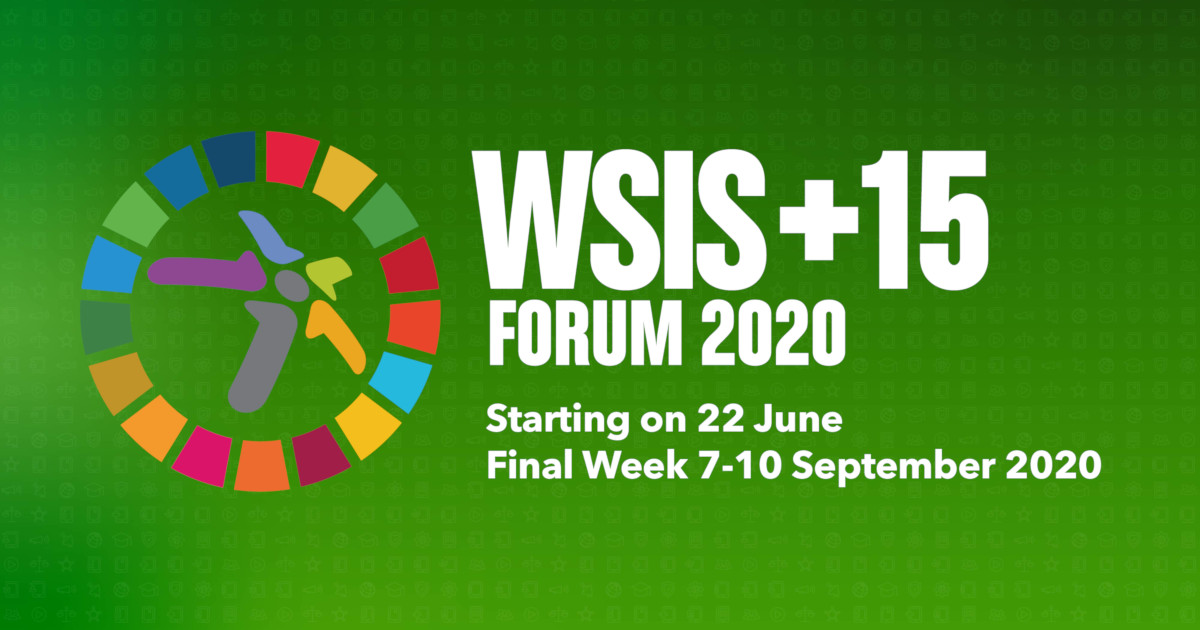Global Programs and Conventions: Coherence and Mutual Synergies from Holistic Information Management
CODATA-Germany
Session 140
The UN Declarations and other UN Instruments texts increasingly enforce the demands for coherence and mutual synergies.
There is special emphasis on defining the basic elements of coherence, consequences for holistic information management across programs and conventions and rising awareness on the key role of stakeholder driven participative information governance needed to foster of cross-domain and cross-organizational national as well as international implementations.
Timeliness implementations guided by the principles of holistic information management are key prerequisites in societal, natural, technical, humanistic and ethical aspects for the future of people and planet.
Aims
Coherence and Accountability Improvements for Information Society
Reference paper Paper on "Global Programs Coherence and Synergies" LNIS Vol. 9, 2020
Participants suggested
Information managers and practitioners from governments, organizations, administrations, private sector, science, NGOs, civil society organizations and representatives, data journalists
Organizer CODATA-Germany http://CODATA-Germany.org
CODATA-Germany is the German National Committee to
CODATA, the International Science Council (ISC) Committee on Data
Chair/Convener Horst Kremers, CODATA-Germany
WSIS2020@Horst-Kremers.de http://CODATA-Germany.org http://Horst-Kremers.de
Panelists Dr. (Mrs.) Kalpana Chaudhari
Department of Electronics and Telecommunications Engineering
Shah & Anchor Kutchhi Engineering College, Mumbai, India
Mainstreaming Digital Skills Through Information and Communication
for Sustainable Development During COVID-19 Emergency
Sahil Shah
Special Advisor, Alliance to Feed the Earth in Disasters (ALLFED)
Supporting Humanitarian Emergency Situations:
Information in Risk, Resilience and Recovery of Food Systems
Prof. Falk Huettmann
EWHALE lab, Institute of Arctic Biology, Biology & Wildlife Department
University of Alaska Fairbanks
One Open Access Data Set Gained, Many Others Not Shared:
The Realities, Roadblocks and a Good Vision of Open Access and Open Source
to Tackle Real-World Progress
Details of Session Description, including Abstracts of Panelists Presentations:
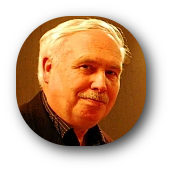
Horst Kremers worked many years in Engineering Management and Information Sciences. He has backgrounds in ministry level Berlin technical administration as well as in science. His extensive interdisciplinary technical and scientific work (publications, conferences, project work, expertise) is documented on http://www.horst-kremers.de
Horst started working in Sustainable Development and Information Society Aspects since the times of the United Nations Conference on Environment and Development 1992, also known as the Rio de Janeiro Earth Summit.
Dr. (Mrs.) Kalpana Chaudhari is elected as Vice President of the Institute for Sustainable Development and Research, ISDR, India, an organization having consultative status with UN-ECOSOC, UN-Habitat, UNCTAD, UN-Ffd, and UN-WCDRR. Kalpana is also International Task Force on Knowledge and Data, United Nations Intergovernmental Platform on Biodiversity and Ecosystems Services (IPBES), Bonn, Germany. She has participated and associated with activities and programs of UN, and other governmental, nongovernmental and intergovernmental organizations. She has organized; and also participated in several national, regional and international conferences and symposia in Asia, Africa, Europe and America.
Sahil Shah works primarily on food security and climate change. He is a co-founder and director of Sustainable Seaweed, an agri-tech company scaling seaweed production for food security and blue carbon sinks. He is also an honorary fellow at the Jahn Research Group at the University of Madison-Wisconsin and a specialist advisor at US food security nonprofit, the Alliance to Feed the Earth in Disasters (ALLFED). He sits on the Chatham House Food and Land Use round table.
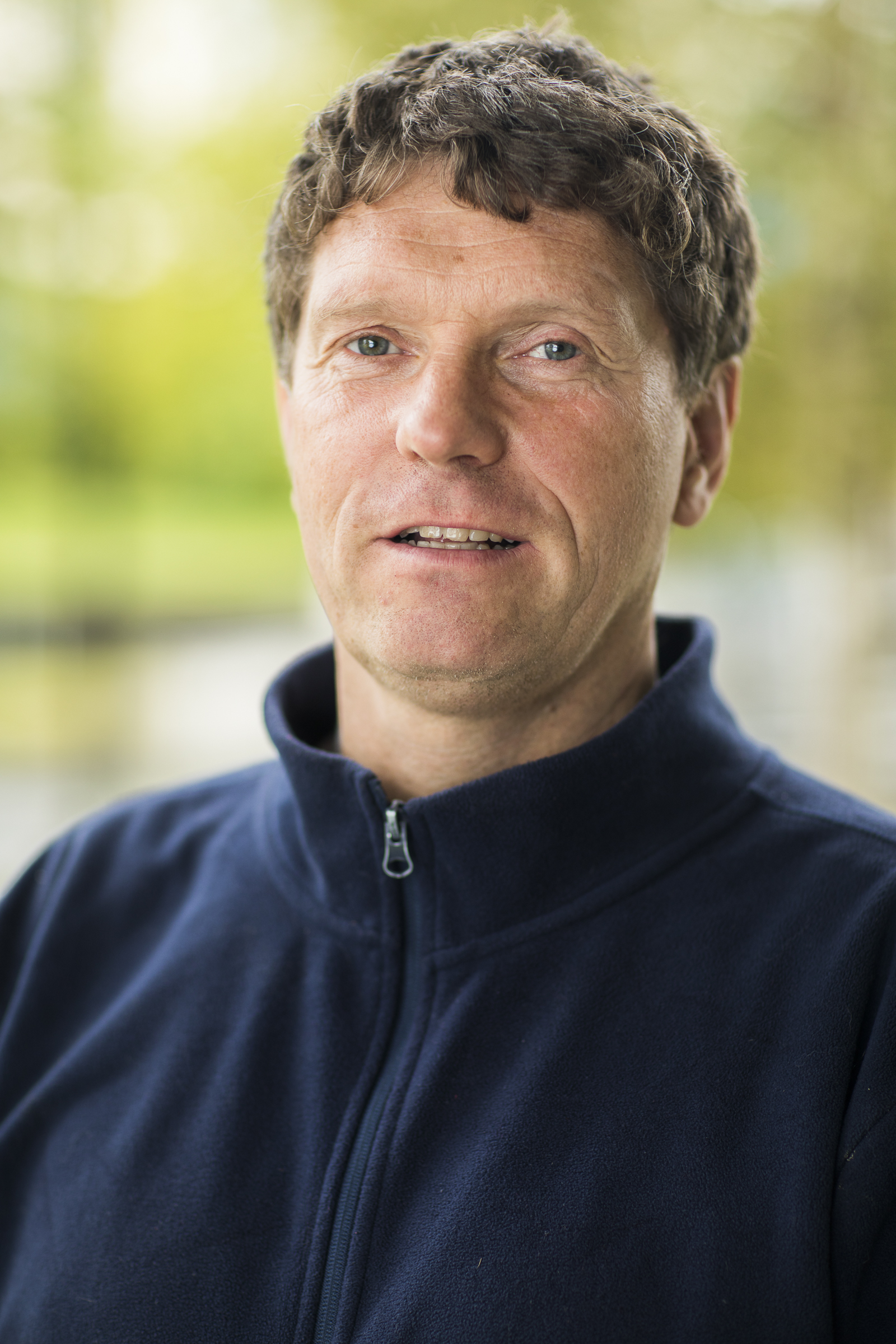
Falk is a ‘Digital Naturalist’ having worked worldwide on Open Access data, metadata, Open Source geographic information systems (GIS) and global sustainability progress for over 30 years. He operates as a reviewer and ad-hoc editor with many journals, publishers and committees, having published over 200 articles and 6 books on (digital) conservation policy topics for a better world. He is teaching Digital Data and Machine Learning classes, and together with his international students he is a frequent contributor to media and list servers, including TEDx, radio, university seminars and workshops on digital online computing topics. Falk’s core expertise is in wilderness landscapes, field work, endangered species and biodiversity, forestry, machine learning, forecasting, natural resources, and specifically the atmosphere, the oceans, the tropics, polar regions and the three poles (Arctic, Antarctica and Hindu Kush-Himalaya).
-
 C1. The role of governments and all stakeholders in the promotion of ICTs for development
C1. The role of governments and all stakeholders in the promotion of ICTs for development
-
 C2. Information and communication infrastructure
C2. Information and communication infrastructure
-
 C3. Access to information and knowledge
C3. Access to information and knowledge
-
 C6. Enabling environment
C6. Enabling environment
-
 C7. ICT applications: benefits in all aspects of life — E-government
C7. ICT applications: benefits in all aspects of life — E-government
-
 C7. ICT applications: benefits in all aspects of life — E-business
C7. ICT applications: benefits in all aspects of life — E-business
-
 C7. ICT applications: benefits in all aspects of life — E-environment
C7. ICT applications: benefits in all aspects of life — E-environment
-
 C7. ICT applications: benefits in all aspects of life — E-agriculture
C7. ICT applications: benefits in all aspects of life — E-agriculture
-
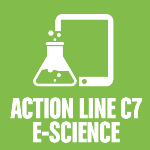 C7. ICT applications: benefits in all aspects of life — E-science
C7. ICT applications: benefits in all aspects of life — E-science
-
 C11. International and regional cooperation
C11. International and regional cooperation
Supporting cross-program semantical and procedural (semiotic) coherence includes the operational interoperability of information from WSIS Action Line C1 (The role of governments and all stakeholders in the promotion of ICTs ) through C11 (International and regional cooperation) as noted above.
-
 Goal 2: End hunger, achieve food security and improved nutrition and promote sustainable agriculture
Goal 2: End hunger, achieve food security and improved nutrition and promote sustainable agriculture
-
 Goal 3: Ensure healthy lives and promote well-being for all
Goal 3: Ensure healthy lives and promote well-being for all
-
 Goal 9: Build resilient infrastructure, promote sustainable industrialization and foster innovation
Goal 9: Build resilient infrastructure, promote sustainable industrialization and foster innovation
-
 Goal 14: Conserve and sustainably use the oceans, seas and marine resources
Goal 14: Conserve and sustainably use the oceans, seas and marine resources
-
 Goal 15: Sustainably manage forests, combat desertification, halt and reverse land degradation, halt biodiversity loss
Goal 15: Sustainably manage forests, combat desertification, halt and reverse land degradation, halt biodiversity loss
-
 Goal 16: Promote just, peaceful and inclusive societies
Goal 16: Promote just, peaceful and inclusive societies
-
 Goal 17: Revitalize the global partnership for sustainable development
Goal 17: Revitalize the global partnership for sustainable development


